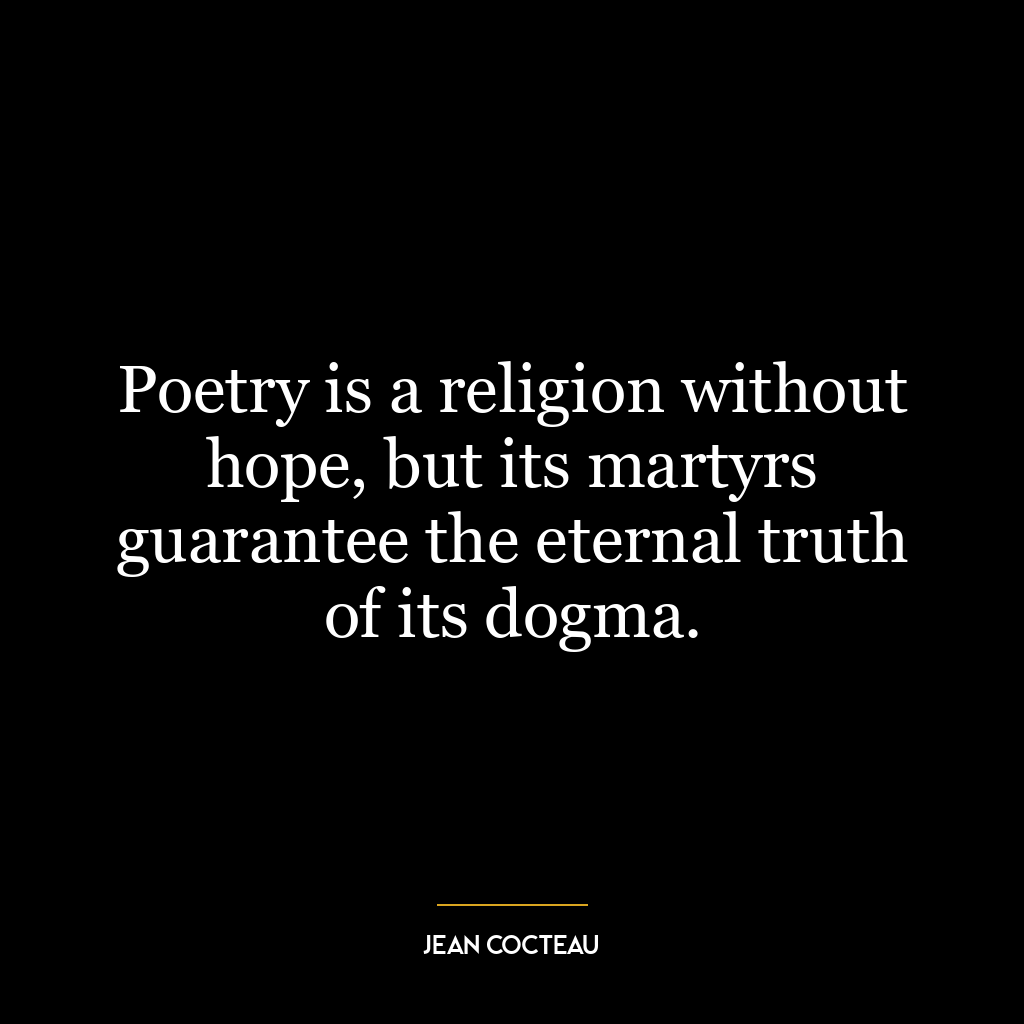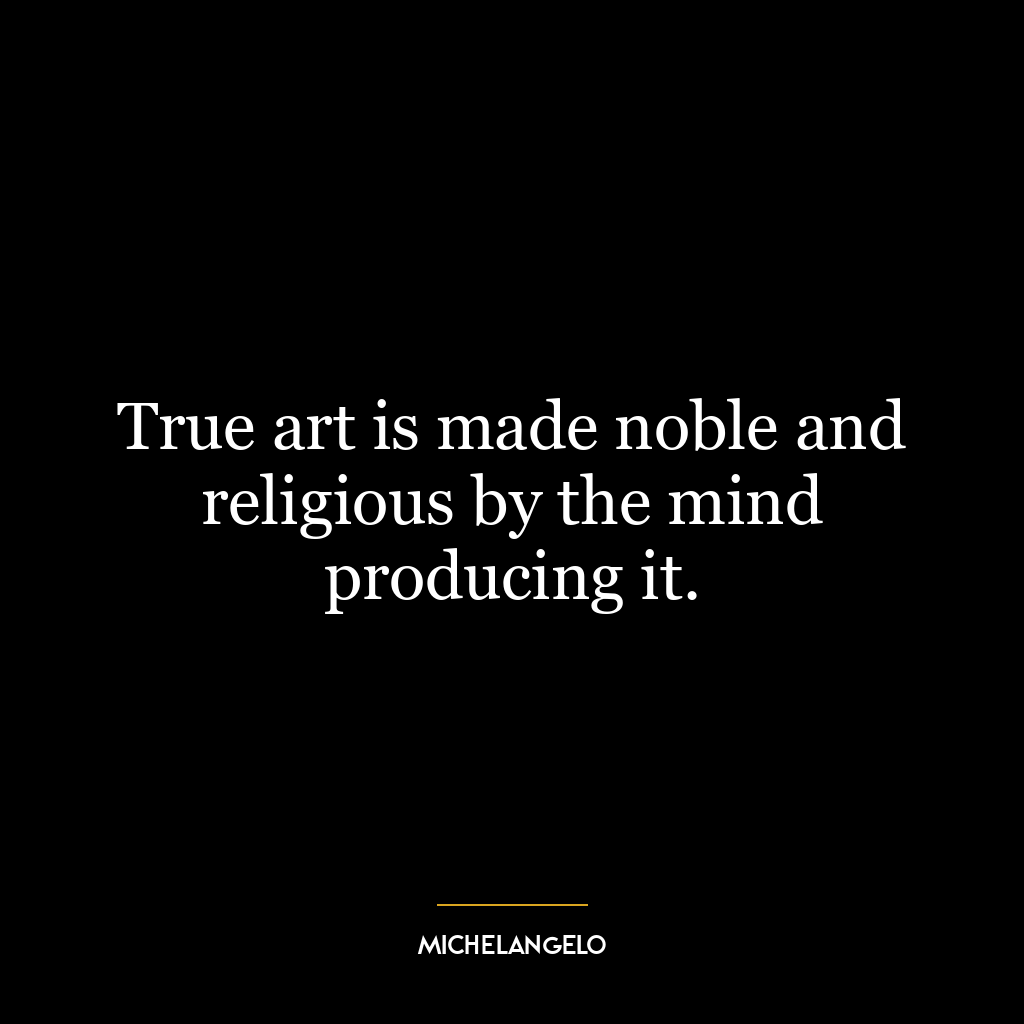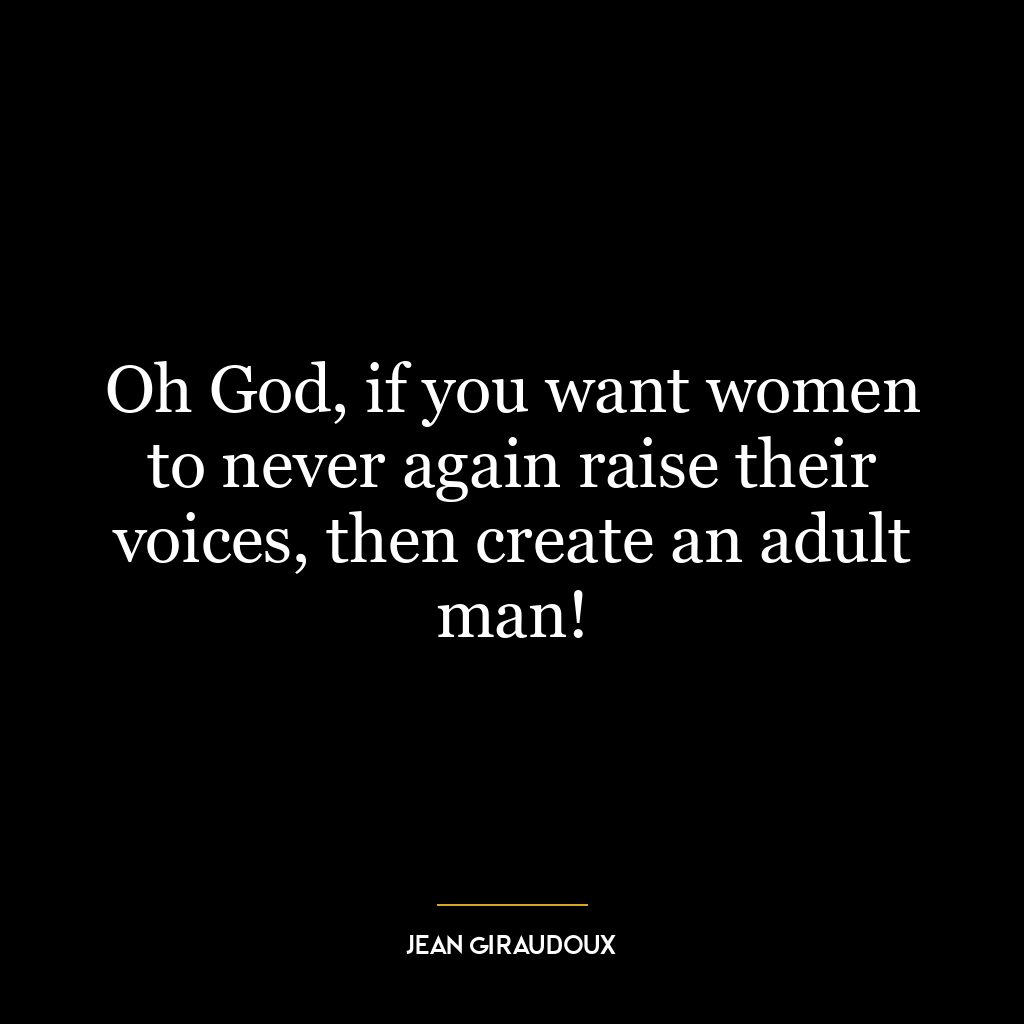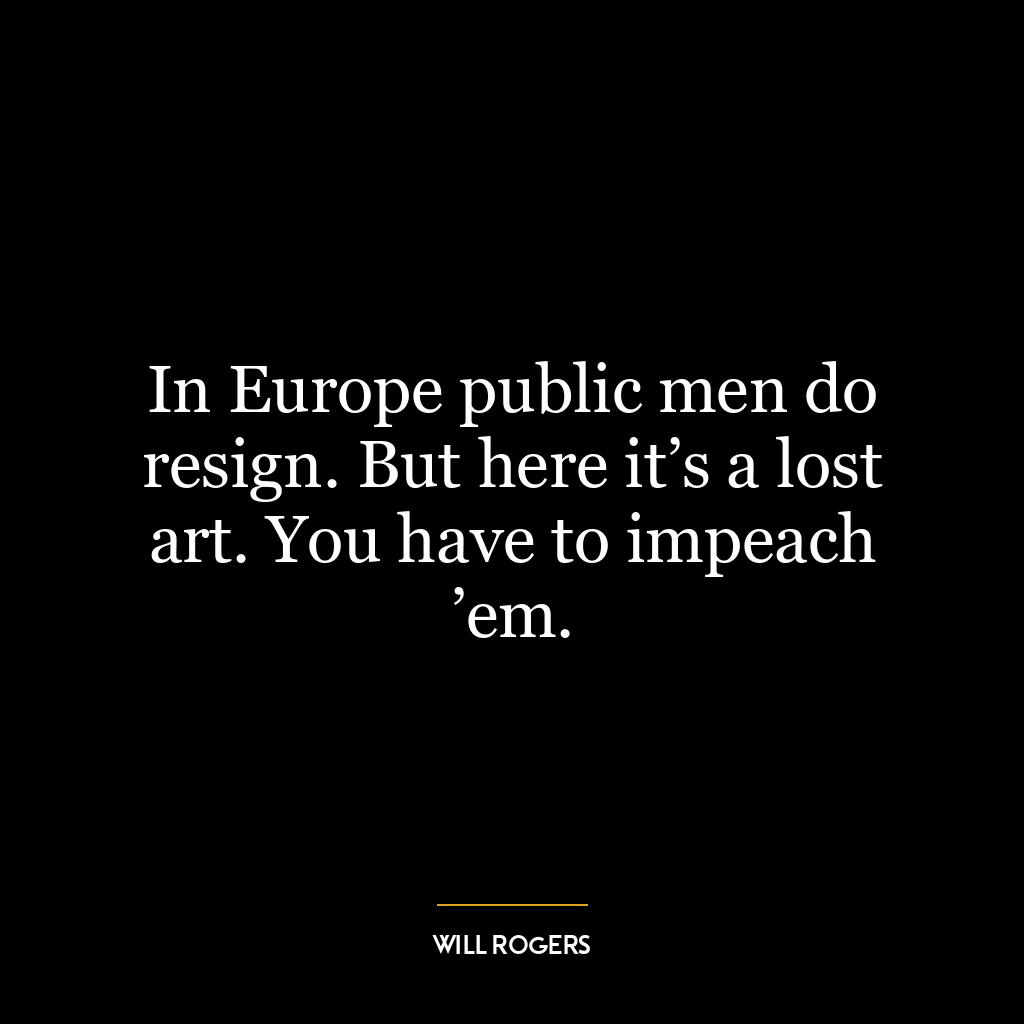Morals consist of political morals, commercial morals, ecclesiastical morals, and morals.
The quote “Morals consist of political morals, commercial morals, ecclesiastical morals, and morals” is a profound statement on the multifaceted nature of morality. It suggests that morality is not a singular, monolithic concept, but rather a complex construct that varies across different domains of life – politics, commerce, religion, and personal life.
Political morals refer to the ethical frameworks that guide political behavior and policy-making. These might include principles like justice, fairness, and respect for human rights. Commercial morals, on the other hand, pertain to the ethics of business practices, such as honesty, integrity, and corporate social responsibility. Ecclesiastical morals are those that are derived from religious or spiritual beliefs, while the term “morals” in the end may refer to personal ethics, the individual principles that guide our daily actions and decisions.
The quote underscores the idea that these different types of morality are distinct yet interconnected. For example, our personal morals might be influenced by our political beliefs, our religious values, or the ethical standards of the business world. Conversely, these broader societal morals can also be shaped by the collective personal morals of individuals.
In today’s world, this quote is highly relevant. In the political sphere, debates about moral issues like immigration policy, climate change, and social justice are commonplace. In the business world, companies are increasingly held to high ethical standards by consumers, who demand transparency, sustainability, and fairness. Meanwhile, religious morals continue to shape societal values and personal ethics in profound ways.
On a personal development level, this quote suggests that our moral growth is a complex, multifaceted process. It involves not only cultivating our personal ethics, but also navigating the moral landscapes of politics, business, and religion. This might mean engaging with political issues, making ethical consumer choices, or exploring different spiritual beliefs. Ultimately, the quote implies that to fully develop our moral selves, we need to consider morality in all its diverse forms.








